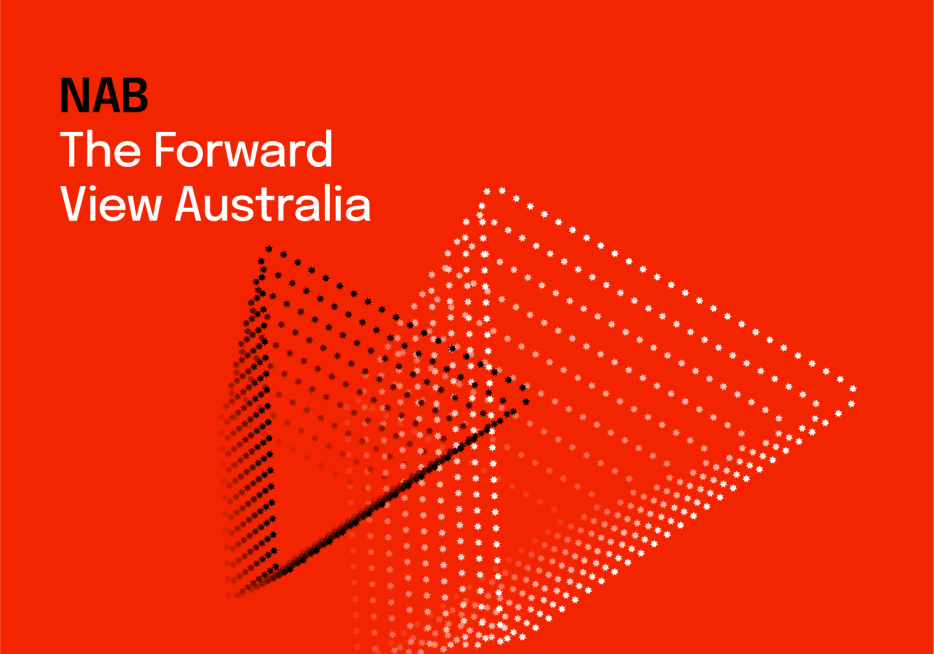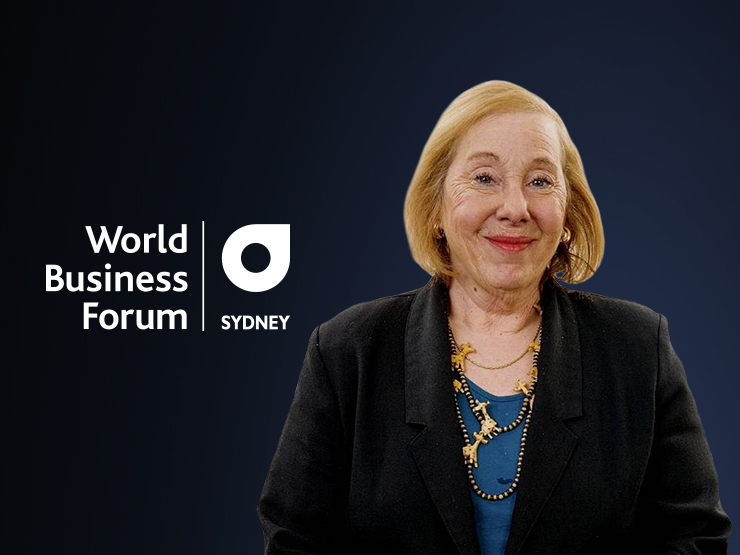Firmer consumer and steady outlook


Insight
The world is changing rapidly and companies need new approaches to master the new environment. Rosabeth Moss Kanter of Harvard Business School shares her insights.

Every era of change looks hardest and most disruptive, but some are still able to cope well and take advantage as long as they continue to have flexibility. Rosabeth Moss Kanter of Harvard Business School shares stories from the front line of the new era.
Every era of change looks hardest and most disruptive, but some are still able to cope well and take advantage as long as they continue to have flexibility.
Auto manufacturers thought they were selling cars; they now understand they are selling mobility. We have to think that way in every industry. What is the ultimate service being delivered in every product?
It’s very hard to make that transition in your business. Think about the difference between selling a large ticket item for a high price like a car and a service like ride hailing – which is about millions of tiny transactions. It is particularly a challenge when moving from things that were fixed and stable, clear and consistent to things that are constantly varying in size. For larger retailers the issue is whether the price remains stable. How do they compete when Amazon or any online retailers can change the price with each consumer purchase?
On June 27 2007 the iPhone was launched. Verizon was not the network carrier for the iPhone. They’d had an opportunity but walked away from it. We often walk away from the unknown and things that don’t fit the model. Verizon began to open their thinking. They began to get out of the mindset of the old business model and do everything differently so they could compete knowing the smartphone was the wave of the future: they challenged every aspect of their way of operating.
They started by saying ‘we can’t do it alone’. That’s a challenge to most established companies, who have learned a competence and know how to do it – they don’t necessarily feel they can bring others in. Verizon was a classic walled garden with proprietary data.
The CEO at the time went to Google headquarters and formed a partnership to work on a competitor to the iPhone. It required a change of mindset for the company and CEO to go with humility and invite them in. Google was in for software but they needed a hardware provider as well. By accident they connected with Motorola. Big companies like strategy to come in neat chunks planned out. But it’s like improvisational theatre. You go with encounters that are serendipitous
They had to share prop data and work together in a different way – they did everything simultaneously with outside groups. They sped up their processes, violated their own principles; they had already transformed their business model to understand new ways to communicate but this was totally different. When Android rolled out for the holiday season demand was enormous. It immediately took over the Apple iPhone – to do that they had to move from looking internally to challenging all their systems and processes. Strategy can’t always be a careful plan; it has to become more opportunistic.
Don’t get caught up in the building and how things are already built. Once you open your system you have to find new ideas. Hire is one of the largest Chinese companies manufacturing appliances. Since 1984, partly because of the vision of the chairman, it has grown to have 60% market share. Why? They constantly anticipate the need for change.
The chairman is encouraging the most entrepreneurial action I have seen in big companies recently. He got rid of hierarchy and wanted any employee to be able to start a business that could do something with some small part of what Hire already does. Hire puts in a little capital, gets them to find external capital and start their business. They are already seeing amazing success stories.
Cross sector multi stakeholder coalitions are how to get things done.
To succeed in this new world you need to build the ecosystem and satisfy the stakeholders and make them loyal to you. You have to dream your worst nightmare and invest in it.
We don’t do anything alone; every start up is challenging our way of doing things so they are finding new kinds of partners, employees and distributors.
Uber started with the mentality that rules don’t count. They were disruptors. They have run into problems because of that mindset that does not acknowledge partnerships and stakeholders. You can’t ignore partners, like the Federal Government, for example: that can get you into trouble.
When Apple started it was very closed – no one could use their software. The new Apple, when Steve came back, opened their platform so developer partners could build things off it. If you don’t have other people helping make your product greater it won’t work.
Uber had a great idea but didn’t want to pay attention to the ecosystem. They didn’t care about whether the employees were on contracts – but the customer experience comes entirely through the driver so you have to care that the driver cares about you. They’ve been sued by governments because they didn’t realize in the beginning it is an ecosystem.
Uber started by saying they were just a technology platform. Now they are saying they are a green solution for cities. That is a vision – something stakeholders can get behind. They to feel like they’re included, treated well and that their needs matter. You can’t change the world by yourself.
Think about campaigns that convert people in small batches that can reach large batches.
The classic way to get people behind a new idea is to convert everyone at once: that is nearly impossible. You have to test, win people over one by one.
BuzzFeed is one of the largest content producers in the world. The secret of its success is it tests a lot of content and the content that stays goes viral. For every one person who clicks 14 more will hear about it because of the extension through social media.
If it’s new and different it will hit an unexpected road block. You have to persist and persevere, be open to new ideas and be flexible.
The first principle of innovation is improvise – try something, if it doesn’t work get feedback, change and try again.
Proctor & Gamble decided they wanted to do something about water quality in the developing world. They invested in an ecosystem, worked with the US CDC, bought a consumer product and developed a very effective water purification powder. But they weren’t selling that much of it because it was so wonderful people were saving for guests.
So they changed the business model and set up their on not-for-profit and donated the product. They partnered with the UN and other NGOs and remained involved in deployment.
© National Australia Bank Limited. ABN 12 004 044 937 AFSL and Australian Credit Licence 230686.